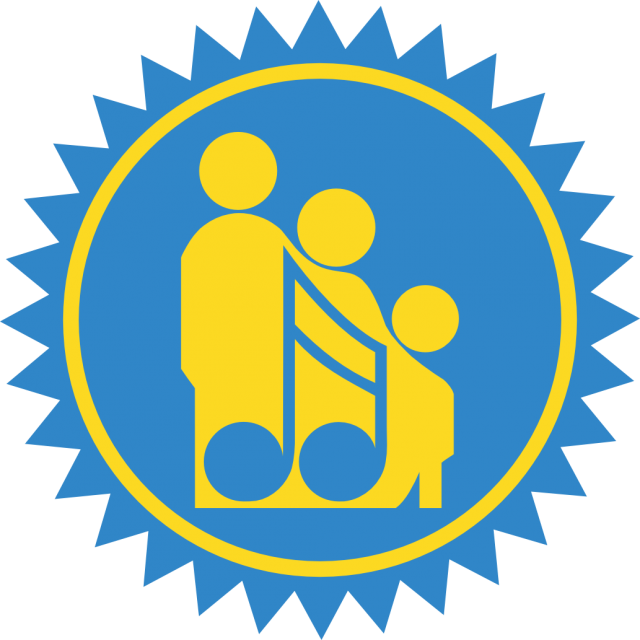
Last summer, focus groups at summer Institutes were asked to submit questions for a panel of “Suzuki Experts” to answer. This is the 11th installment.
How do you balance family life and the Suzuki method, from the busy life and extra activities, to the time spent, to the growth of the child and parent?
Embrace the philosophy: “When love is deep, much can be accomplished.” Dr. Suzuki’s philosophy of love, step-by-step accomplishment, character building, and striving for excellence leads parents, children, and families to bond together on a journey that positively impacts the family as a whole.
Prioritize: With so many choices available, families will need to prioritize what is important. Practicing, listening, lessons, group class, concerts, and workshops/institutes need to be high on the list. This means a lifestyle change, with the benefit of time together scheduled regularly!
Reality: A daily commitment to practicing and listening is what will keep things going. Certain weeks, however, another activity or obligation might take more time than usual. If practice is still daily, even though shortened, the student will be able to at least maintain their level and motivation. Goals can be adjusted, then readjusted.
Limit how many extra activities the student is involved in. Most families can tell when the calendar is too full. Plan; rotate when those extra classes and activities will occur. Realize that there will be conflicts and recognize the commitments that need priority. Many families find that along with Suzuki lessons, one other activity per child is realistic.
Teamwork: Parents can work as a team and even friends and extended family can help too. In my studio, there is a mother who is the sole caregiver for the child. Certain times of the year, her work schedule causes her to be unable to get the child to group class on time. Another family picks up the child and brings her to group, and then the mom arrives a little later. For the youngest students, however, the primary practicing parent is the one needed at both lesson and group.
Support: Invite grandparents, friends, and schoolteachers to concerts, recitals, and lessons. Their enthusiasm and amazement at the process will give a boost to parent, child, and the Suzuki teacher. There are also wonderful resources to help support parents and teachers: Winning Ways, available from the SAA, Helping Parents Practice by Ed Sprunger, American Suzuki Journal articles such as Jeanne Luetke’s viewpoint for parents in Volume 35 #4 and To Learn with Love by Constance and William Starr. Visit the SAA website for more suggestions.
Island experience: Give yourself and your family the gift of an “island experience” at a workshop and especially at a Suzuki Institute. In Journey Down the Kriesler Highway Craig Timmerman relates how special events and trips heighten our awareness and memories for learning. Institute is a special time for new perspective, renewed spirits, and time together for the parent and child. The motivational benefits last a long time, as parents exclaim year after year!
A journey together: Being on both sides of the process, as a Suzuki teacher and a Suzuki parent, I have seen firsthand how the Suzuki philosophy of learning an instrument blends into our lifestyle, our parenting style and our family as a whole. It is a journey that bonds together families, well worth the time, effort, and especially the love that envelops it all.
—Expert of the Week, Carol Ourada
See more Ask the Experts columns.







